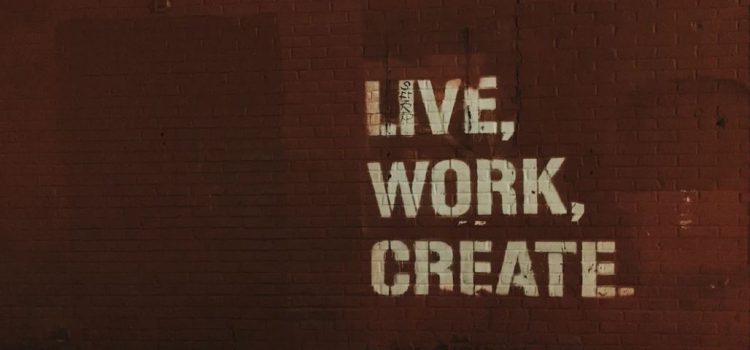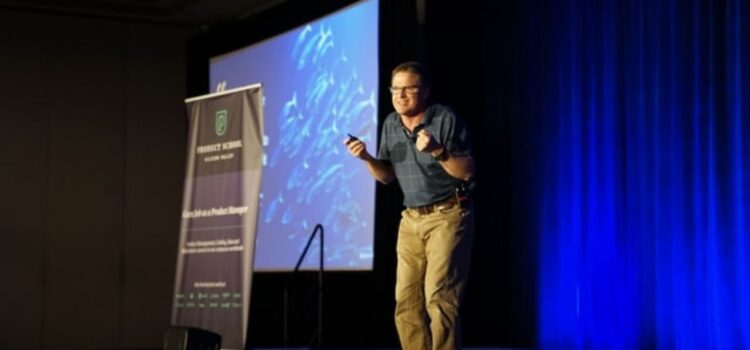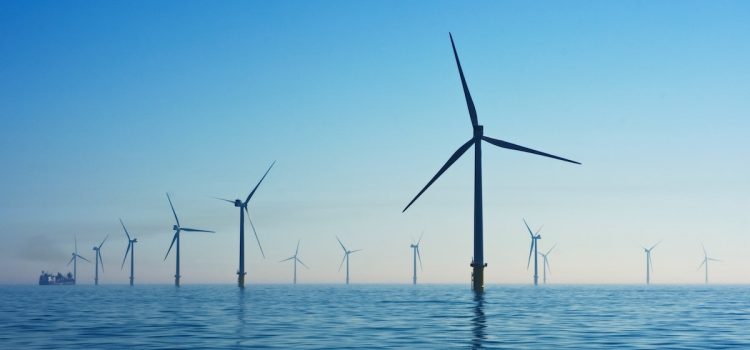What is upstream thinking? Why is it a superior problem-solving strategy? In Upstream, Dan Heath advocates for focusing energy on upstream problem-solving. He concedes that the concept of working on the root causes of problems is not always the easiest route, but it does offer the potential for improving flawed systems and reducing harm on a broader scale. Continue reading to learn what upstream thinking is and why it’s a better way to solve problems.
What Is Upstream Thinking? Journeying to Find the Root Cause










